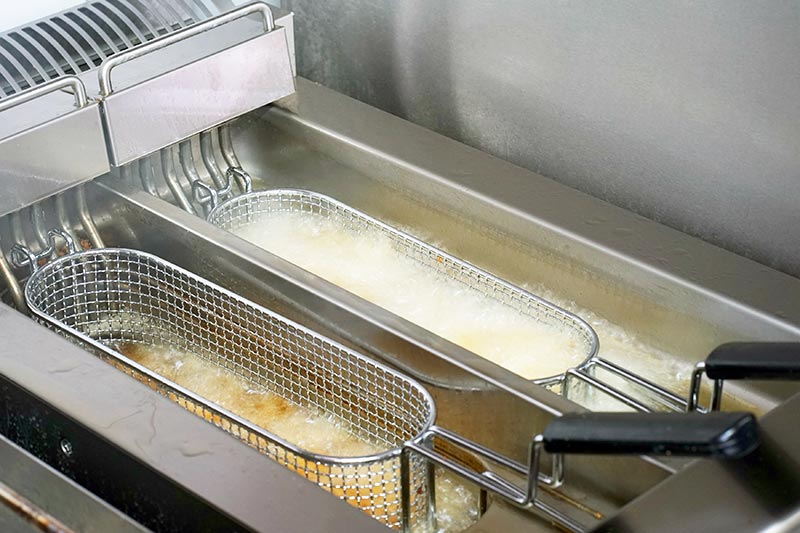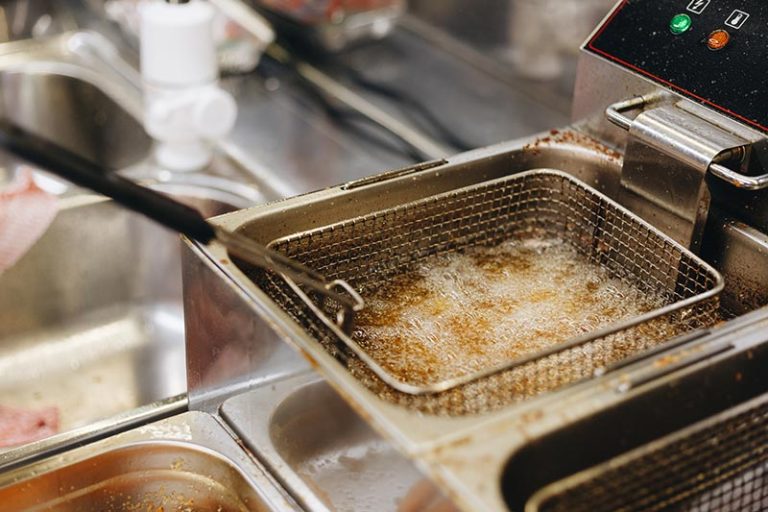Tax Incentives for Grease Recycling: What Every Restaurant Owner Should Know
Sustainability and profitability don’t have to be at odds. For restaurant owners, grease recycling offers a unique opportunity to align these goals through financial incentives. Tax breaks and sustainability credits make recycling more than just a compliance measure—it’s a strategic move to optimize your operations and save money. Let’s break down how to tap into these tax benefits and maximize your returns.
Understanding the Tax Benefits of Grease Recycling
Tax incentives are designed to encourage businesses to adopt eco-friendly practices. For restaurants, recycling used cooking oil qualifies as a sustainable initiative that aligns with federal and state programs aimed at reducing waste and promoting renewable energy.
Key benefits include:
- Sustainability Tax Credits: Federal programs reward businesses that contribute to renewable energy production through biodiesel initiatives.
- Local Deductions: Many municipalities, including those in California, offer deductions for businesses that adhere to FOG (fats, oils, and grease) compliance and recycling standards.
- Reduced Operating Costs: While not a direct tax incentive, the money saved from avoided disposal fees contributes to overall financial health, complementing tax savings.
By recycling grease, your restaurant isn’t just helping the planet—it’s helping your profit margin too.
Steps to Qualify for Grease Recycling Tax Benefits
Tapping into these incentives requires a proactive approach. Follow these steps to ensure you qualify:
- Partner with a Certified Recycler
Work with a company like Longview Environmental Company, which meets federal and state standards for recycling. Certification is often a prerequisite for claiming credits. - Document Your Recycling Efforts
Maintain accurate records of the volume of oil recycled and the frequency of pickups. Your recycler can provide detailed reports to support your claims. - Understand Local Regulations
Familiarize yourself with state-specific programs, such as California’s Low Carbon Fuel Standard (LCFS), which rewards businesses contributing to renewable fuel production. - Consult a Tax Professional
Engage with a CPA or tax advisor who specializes in sustainability incentives. They can help identify additional opportunities and ensure proper documentation.
Pro tip: Longview offers resources and partnerships to help streamline this process, making it easier for restaurants to access these benefits.
Exploring Federal and State Programs
Grease recycling aligns with several established programs designed to incentivize sustainability:
- Federal Biodiesel Tax Credit
This program offers a per-gallon credit for biodiesel producers and, by extension, businesses that supply materials like used cooking oil. The credit often results in higher rebates for recyclers, which trickle down to participating restaurants. - State-Level Incentives
States like California, known for progressive environmental policies, offer rebates and credits through initiatives like the LCFS. These programs encourage the use of recycled materials in biofuel production, rewarding businesses that contribute. - Municipal Benefits
In cities like Anaheim, compliance with FOG regulations may qualify businesses for reduced utility fees or grants aimed at sustainable waste management.
Additional Benefits: Operational and Reputation Gains
While the tax benefits of grease recycling are compelling, the ripple effects extend even further:
- Improved Compliance: Recycling reduces the risk of fines for improper grease disposal, a common issue for restaurants.
- Enhanced Brand Perception: Customers appreciate businesses that demonstrate environmental responsibility, which can lead to increased loyalty and positive reviews.
- Cost Savings: Lower disposal fees and optimized grease management processes free up resources that can be redirected toward growth initiatives.
These advantages make grease recycling a win-win for both your finances and your operations.
Challenges and Solutions: Navigating the Tax Landscape
Accessing tax benefits for grease recycling requires careful navigation of regulations and requirements. Here are common challenges and how to address them:
- Complex Documentation: Ensure you maintain detailed recycling logs and request reports from your recycler. Longview provides end-to-end support, simplifying record-keeping.
- Uncertainty About Eligibility: Consult tax professionals familiar with green initiatives to identify all applicable credits.
- Program Awareness: Stay informed about updates to federal and state programs that could affect your eligibility.
With the right guidance, these obstacles can be managed effectively, allowing you to fully capitalize on the benefits.
Why Grease Recycling Is a Long-Term Investment
The financial incentives for grease recycling are just the beginning. As sustainability initiatives gain momentum, governments are likely to expand tax credits and programs. By positioning your restaurant as an early adopter, you not only secure immediate benefits but also future-proof your operations against rising compliance standards.
Moreover, the growing consumer preference for eco-friendly businesses ensures that your efforts will resonate with diners, enhancing customer loyalty and driving long-term growth.
Grease recycling isn’t just an environmental responsibility—it’s a financial opportunity that restaurant owners can’t afford to overlook. From tax incentives to operational savings, the benefits are clear and significant. By partnering with Longview Environmental Company, you gain access to certified, compliant recycling solutions that make the process seamless and rewarding.
Ready to unlock the financial potential of your grease recycling efforts? Contact Longview today and start reaping the rewards of sustainability.








